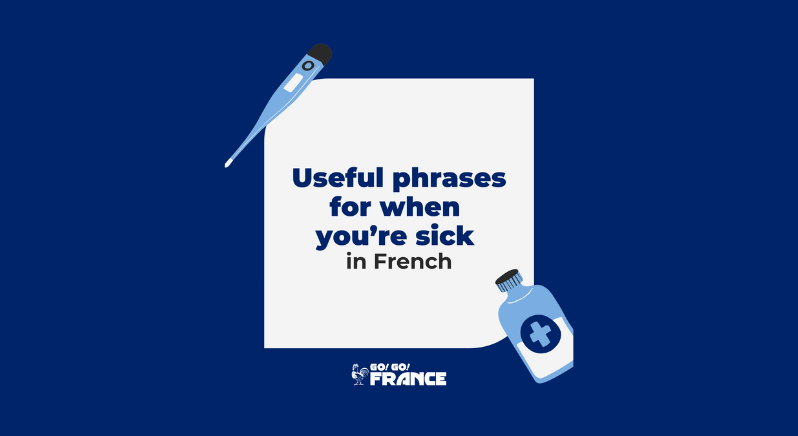Embarking on a French adventure, whether for study, travel, or work, begins with understanding the visa requirements. France, a country known for its rich culture, historic landmarks, and educational excellence, attracts millions of international visitors each year. For those planning to live and study in France, navigate the French language, or simply explore, knowing the right visa for France is crucial.
Do I need a visa for France?
Here is a question that concerns many students and travelers when planning a trip to France: how to ensure compliance with immigration rules? To assist you, we have prepared a series of articles linked below covering immigration regulations, available visas, visa requirements, and more.
Check if you need a visa using France visa wizard: https://gogofrance.com/en/blog/visa-wizard-france/
Visa Exemption for EU Citizens or Stays Under 90 Days
If you’re an EU citizen or from countries whose nationals are exempt from a visa for stays not exceeding 90 days, you’re in luck. You won’t need a visa for France. This exemption also applies to countries within the Schengen Area, allowing you to travel freely and enjoy the beauty of France without the hassle of obtaining a visa.
More info here: https://gogofrance.com/en/blog/visa-exemption-for-france/
Schengen Uniform Visa
For those who are not visa-exempt, the Schengen uniform visa is your key to exploring France and the Schengen Area for stays up to 90 days within a 180-day period. This visa is ideal for tourism, short business trips, or family visits. It grants you the flexibility to travel across 26 Schengen countries with a single visa, making it perfect for those wanting to explore Europe.
How to apply for a Schengen Uniform Visa: https://gogofrance.com/en/blog/schengen-uniform-visa-for-france/
Student Visas: VLS-T and VLS-TS
France is a prime destination for international students, and if you’re looking to immerse yourself in French culture and language for your studies, you’ll likely need a student visa. The VLS-T (Temporary Long Stay Visa) and VLS-TS (Long Stay Visa acting as a Residence Permit) are designed for students planning to stay for more than 90 days.
How to apply for a Student Visa: https://gogofrance.com/en/blog/student-visa-for-france/
Working Holiday Visa
The Working Holiday Visa (WHV) is an exceptional opportunity for young adults aged 18 to 30 from certain countries to experience France. Nationals from Australia, Argentina, Brazil, Canada, Chile, Colombia, Ecuador, South Korea, Japan, New Zealand, Hong Kong, Mexico, Peru, Russia, Taiwan, and Uruguay can benefit from the work holiday programme. This visa allows you to work and travel in France for up to a year, offering a unique blend of cultural immersion and professional experience. It’s a fantastic way to fund your travels while gaining international work experience.
How to apply for a Working Holiday Visa: https://gogofrance.com/en/blog/working-holiday-visa-for-france/
Issuing Authorities
Visas for France are issued by French consulates or embassies in your home country. The application process involves submitting various documents, including a valid passport, application forms, photos, and supporting documents related to your visit (e.g., enrollment letters for students, employment contracts for workers).

Financial Requirements & Supporting Documents
Regardless of the visa type, applicants must demonstrate financial stability to cover their stay in France. This means showing you have enough funds to support yourself without recourse to public funds. The exact amount varies by visa type but ensures you can afford your living expenses, accommodation, and return travel.
Read more about the financial requirements here: https://gogofrance.com/en/blog/financial-requirements-for-studying-in-france/ and read more about the required documents for a visa application here: https://gogofrance.com/en/blog/student-visa-supporting-documents/
Visas Validity, Benefits, and Limits
Each visa for France has its validity period, benefits, and restrictions. For example, Schengen visas are typically short-term, while student and working holiday visas may allow for longer stays and even multiple entries. It’s important to choose the visa that best suits your travel plans and to be aware of the conditions of your stay to ensure compliance with French immigration laws.
Conclusion
Understanding the different types of visas for France is the first step towards planning your French journey. Whether you’re an international student looking to learn French in France, a traveler eager to explore, or a young professional seeking new experiences, the right visa opens the door to countless opportunities in France. We recommend always checking the most current visa requirements and procedures with the French consulate or embassy in your country, as regulations can change.




